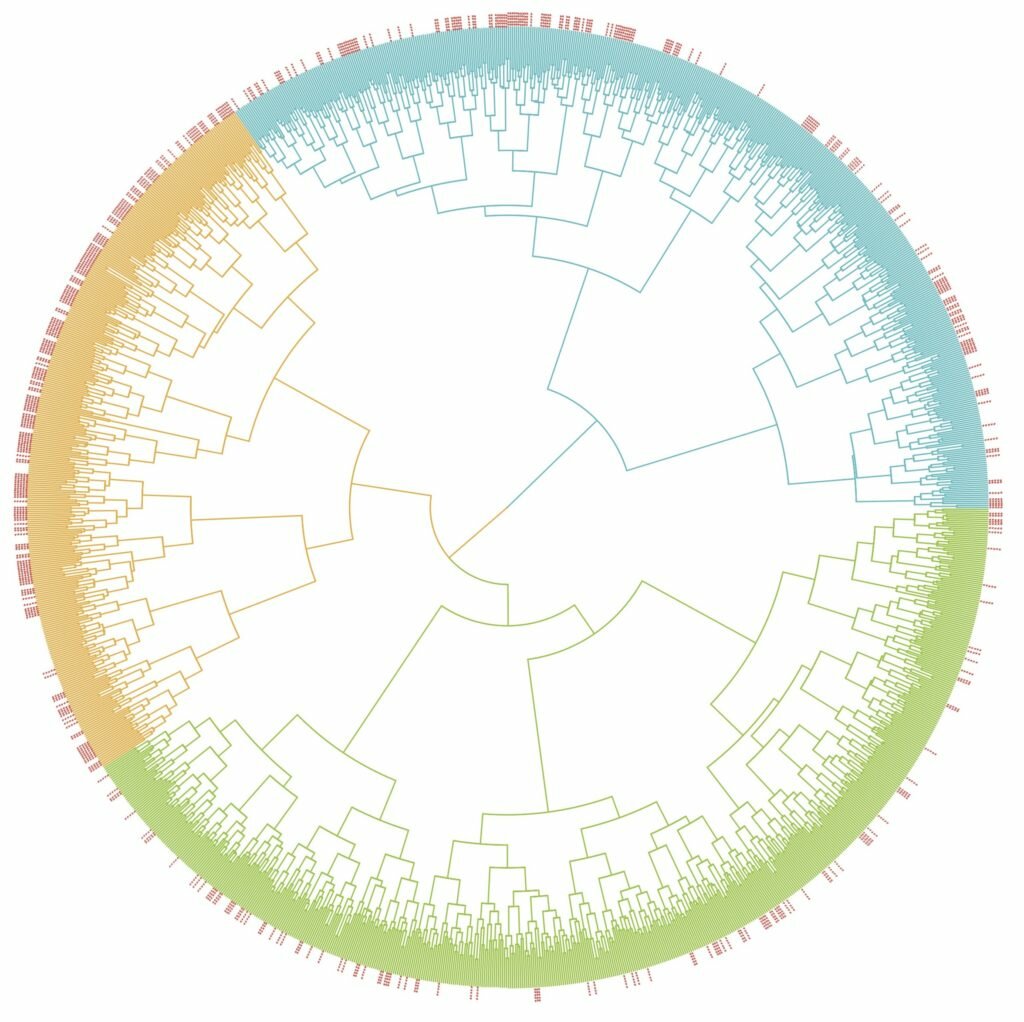Éclairer l’éducation en période de crise et préparer l’école d’après – quelques enseignements tirés des données de DataCovid

Le collectif DataSprint pour l’éducation a analysé dans un rapport sectoriel les données brutes de DataCovid relatives à l’enseignement primaire et secondaire sous un angle nouveau : appréhender les principaux risques auxquels sont confrontés les élèves dans leur parcours éducatif et leurs familles dans une crise de long cours.
Introspection, valeurs et choix de vie au temps de la Covid-19

par O. Bargain et M. Fleurbaey
La crise actuelle, et plus spécialement la période de confinement durant laquelle cette enquête a été réalisée, a pu conduire les gens à faire le point sur leurs projets, leurs valeurs, les orientations qu’ils ont prise dans la vie. Si, pour certains, cette introspection a été possible, elle a pu cependant être perturbée par différents chocs réels ou simplement par l’anxiété ou d’autres émotions engendrées par les risques associés à des chocs potentiels. L’enquête a donc interrogé les répondants sur la réalité d’une telle mise au point, leur demandant si une réévaluation de leurs objectifs de vie a eu lieu et dans quels domaines, et si cela les a rapprochés ou éloignés de leurs souhaits profonds.
Tous égaux devant les gestes barrières ? Responsabilité individuelle et contraintes sociales

par B. Dormont, P. Dourgnon, L. Rochaix, M. Kelly-Irving, C. Delpierre
Les questions de responsabilité individuelle et collective sont pour partie le reflet de disparités sociales qu’il est indispensable de prendre en compte pour une gestion équitable de l’épidémie. Or les mesures visant à généraliser et faire respecter les gestes barrières ont fait abstraction du fait que les individus ne sont pas tous égaux dans les moyens à leur disposition pour y parvenir. A partir des données collectées par le baromètre COVID19, ce billet explore les liens entre position sociale, exposition au risque de contamination et application des gestes barrières.
The determinants of the willingness to install a tracing App

par Luca Poll and Stéphane Straub (Toulouse School of Economics)
A tracing application is a technological mechanism that, combined with other interventions such as manual tracing, use of masks, limiting mass groupings, etc., reduces the risk of contamination by alerting all persons who may have been infected if the user of the application was diagnosed positive for coronavirus and to warn that user if he or she had been in contact with a person diagnosed positive. This post analyses what makes people more likely to adopt such an application.
When and How Can Search Analytics Help Tackle the Covid19 Pandemic

Par David Dubois, PhD Kellogg School of Management, INSEAD Associate Professor of Marketing & Cornelius Grupp Fellow in Digital Analytics for Consumer Behaviour et Somya Gupta, Bachelor Student at Vellore Institute of Technology
In the race to fight Covid19, data is perhaps the most crucial asset. In the short-term, it can dramatically help governments and other organisations assess the progression of the pandemic and adjust their logistical responses (e.g., planning hospital beds, deciding on social distancing measures etc..). In the medium and long run, data may also help assess populations’ general feelings and emotions. This data may, in turn, help identify and tackle potential negative byproducts of the pandemic (e.g., anxiety, depressions).
Une tentative de prédiction de l’évolution hebdomadaire du risque épidémique avec le Baromètre Covid 19

Par Mathieu Moslonka-Lefebvre , PhD en épidémiologie mathématique, président de DataCovid s’exprimant ici à titre personnel.
Ce billet, à visée scientifique et didactique, illustre un cas d’usage des données du Baromètre Covid 19 avec pour objectif de mesurer l’évolution du risque épidémique dans l’espace et dans le temps.
